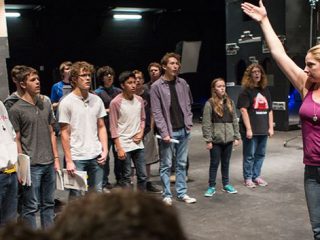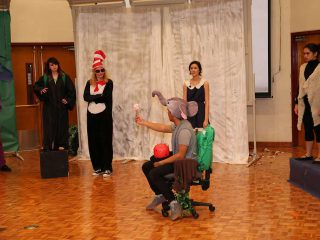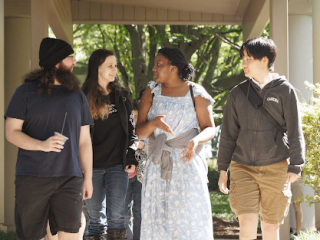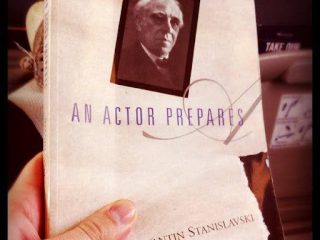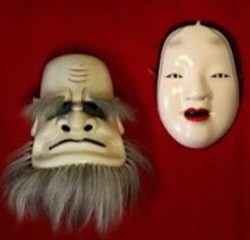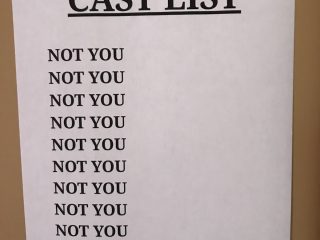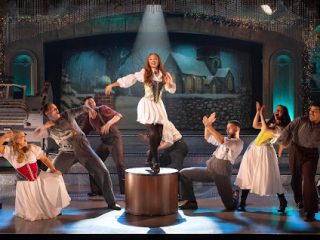For every teacher, writing lesson plans is a time-consuming task. For drama teachers–many of whom have to create their curriculum from scratch by themselves–the thought of creating substantial and effective lessons plans seems absolutely impossible.
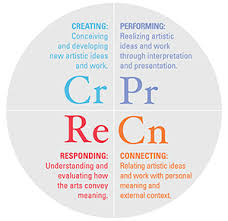
Fortunately, there are some great resources available. Visit the National Core Arts website for an in-depth breakdown of dramatic arts standards spanning from kindergarten to 12th grade. The Educational Theatre Association provides teachers with downloadable resources and links to assist their planning and curriculum. And of course, here at StageAgent for Schools, we have a huge database of lessons, learning modules, and teaching materials
While every school has its own requirements for lesson plan format, every successful lesson has a few basic ingredients:
- Objectives: What is it the students should learn or be able to do?
- Standards: What are the state or national standards that align to these objectives?
- Content and Activities: What are the materials, and what will the students do with those materials?
- Assessments: How will the students demonstrate their knowledge?
The key to writing a meaningful lesson plan is to determine these ingredients and how to implement them. This then becomes the “philosophy” of the lesson, and can be categorized as content-based or skills-based.
Check out our bank of lesson plans to gain inspiration or find a new topic to engage your students.
Content-Based vs. Skills-Based Objectives
In content-based lessons, the focus of learning is on the material itself. For example, if I’m teaching Shakespeare’s Romeo and Juliet, my goal is to help students become fluent in the material of the play. My objectives for learning would then be based in students’ knowledge of the plot, characters, and dramatic elements of the play. We would also spend time talking about Elizabethan theatre, Shakespeare’s influences, and Early Modern English–anything that could help students understand the content of Romeo and Juliet. Assessments could be traditional comprehension tests, essays, or reflections.
Skills-based lessons are focused on developing the tools and techniques that students need to be successful in the class. For example, my goal is to teach students how to analyze, stage, and present a scene from a play. To teach those skills, I could use Romeo and Juliet, but I’m not going to spend as much time teaching students about literary and dramatic elements. Instead, I’ll focus on helping them use the text and language of the play to build a character and develop their acting skills. Instruction will examine acting techniques such as tactics and blocking, and assessments will be a presentation of a scene that shows students’ levels of mastery of those skills. In skills-based lessons, students often repeat the same skills, but with increasing levels of complexity.
Aligning Standards
Educational standards provide the foundation of every course. For theatre, most states have adopted some version of the National Core Arts Standards that are based on the concepts of Creating, Presenting/Performing, Responding, and Connecting. Unlike math or science, whose standards tend to focus on a specific concept that guides a lesson (such as understanding quadratic equations or identifying the components of the muscular system), theatre arts standards are more nebulous, more open to interpretation, and therefore can be more difficult to pin down, especially for a new teacher.
Begin with the large concepts–for this lesson, will students create a script? Will they be responding to a performance? Will they present a monologue? Beginning with the end product in mind can help determine how students will achieve the objectives, and the standards themselves can craft the activities a teacher will use.
Did you know: All of StageAgent for Schools’ teaching materials and resources are aligned to individual state standards, as well as international standards!
Creating Assessments
Assessments used to be considered as just tests, quizzes, and essays. In today’s pedagogy, “assessments” is a blanket term used to describe any method of checking students’ understanding. Every lesson will have formative assessments–the little check-ins teachers do along the way, from a ticket-out-the-door to talking one-on-one with a student. A summative assessment is the more formal check of knowledge, whether a test or acting presentation.
Rubrics are especially important in summative assessments; they show students exactly how they will be graded and remind them of the lesson expectations. The Educational Theatre Association has rubrics used in evaluating festival events that can provide a basis for a teacher-designed rubric in acting, design, or technical theatre.
Drama and Project-Based Learning
Drama is a discipline that lends itself very well to project-based learning, a student-driven exploration of topics over an extended period of time. The hallmarks of projected-based learning, or PBL, is the emphasis on developing students’ capacity for critical and creative thinking. This capacity is then demonstrated through some final project. This is not the same as learning the play Romeo and Juliet and then creating a poster board about the play; rather, the project itself is the way students learn the content.
Successful project-based learning begins with a driving question that students need to answer. One of my favorite and most challenging PBL activities I’ve used was in a musical theatre unit. I presented a brief history of musical theatre and some YouTube clips of performances. We also watched bits of the PBS documentary Hamilton’s America, which discusses how Lin-Manuel Miranda came up with Hamilton. We sang “Alexander Hamilton.” Then, I presented students with the question: Why is Hamilton important to musical theatre and American culture? The task was to work as a class to create a visual learning display (on a section of wall 8 feet high and 20 feet long) that answers the question.
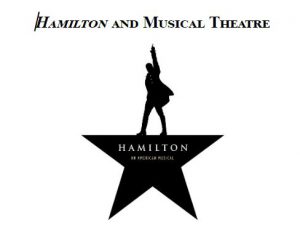
Students had to make every decision about how to answer the question as well as present that answer. They had to assign tasks, create deadlines, use research, collaborate–all skills we want students to develop in theatre arts.
Take a look at our sample lesson plan on Musical Adaptations: Investigate the Adaptation.
Final Hint
A friend of mine who has worked in theatre for many years has just made a career shift, and in his fifties, will be a first-year drama teacher. My biggest advice for him is to “steal” what he can, to use successful lessons and strategies from other teachers and make them his own. Create connections with other theatre teachers, use social media to network, and ask questions whenever they arise. Why not check out StageAgent‘s guides and associated quizzes for extra inspiration?!
And, most importantly, whatever you do, have fun. Teaching theatre is one of the best jobs a person could ever have.



